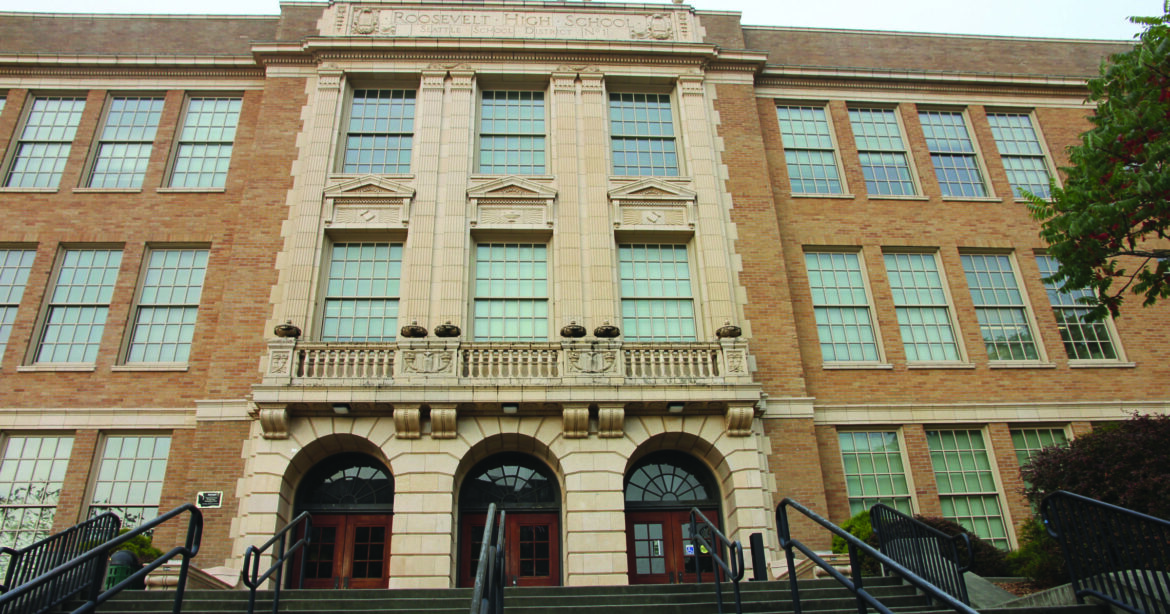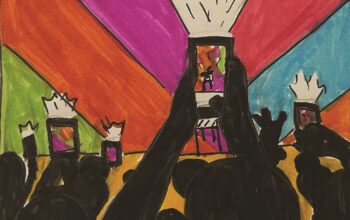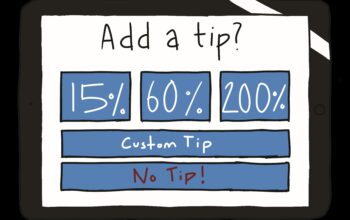Today, at Roosevelt High School, the library at lunch is an underwhelming scene. Students are present throughout, but it’s not a challenge to find a free seat. There’s some chatter, but most people are too immersed in the work they’re doing to make conversation with the person sitting next to them. The most disruptive thing that might occur while you’re there is a triumphant shout from the winner of the latest chess game and an ensuing argument from the defeated.
Some may see this quiet environment as the perfect getaway from an overwhelming school, but I see a neglected and underutilized part of Roosevelt High School. The library is the core of the school with ceilings three stories high — but the activities taking place there don’t match the space.
Students come into the library for a multitude of reasons, but in recent years, their motivations have changed. As many upperclassmen remember, there were once computers and a printer in the library. Both of these brought many people in, but their absence has made it even less likely for students to use the space.
Rest assured, the in-demand printer will be coming back shortly, but the computers will be gone indefinitely after a district-wide decision following the distribution of laptops to all students. Deborah Gallaher, Roosevelt librarian, views the absence of the school computers as a positive, saying, “This way it creates a space for students to bring their laptops or not use them at all. And this now creates more space where students can sit face to face here. So it increases usage.”
Gallaher is an invaluable resouce when it comes to sifting through the countless sources of information in the library. Next time you’re stressing over a research paper, do yourself a favor and have a chat with Gallaher, she’s more than happy to support you.
Club meetings and town halls are also welcomed and even encouraged, but rarely take place in the library. Although not suitable for all clubs, the library’s capacity to hold large groups of people is a commonly overlooked aspect of the space.
Talia Gosline, Jewish Student Union president, said that because of the library’s ban on food, a club’s ability to meet in the library during lunch is dependent on the club’s connection to food.“Snacks are a big part of our club, and we try different Jewish cuisine and stuff. So meeting in the library, … I just, I don’t think food is allowed in the library.”
As students, we have the power to create the library that we want to see. Gallaher is completely open to book requests and overall feedback. In regard to student participation, Gallaher said, “I would love to hear what students would like. Because really it’s about all of you.”
Follow The Roosevelt News on Instagram @therhsnews. Questions, comments, or concerns? Contact the Editorial Board at therooseveltnews@gmail.com.
Your voice matters. Share your thoughts and experiences in the comment box below.


